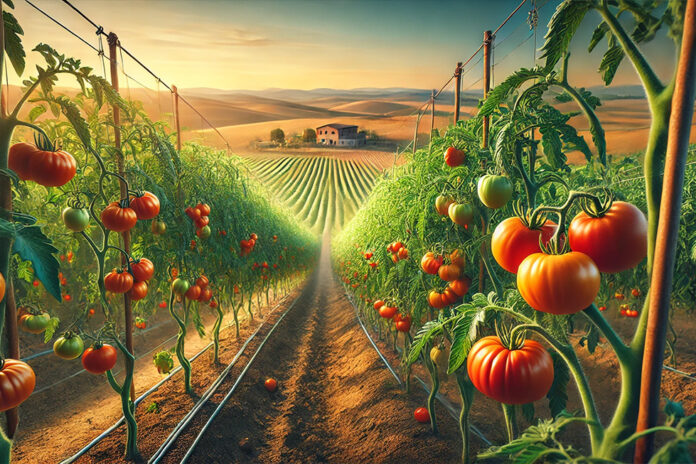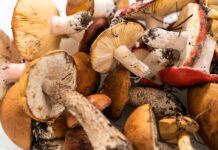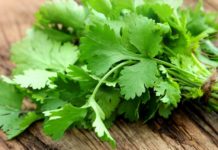
Why the Future of Organic Food May Lie in the Smallest of Organisms
Picture this: tomatoes that are bigger, juicier, and packed with even more nutrients—all while being grown without harmful chemicals. Sounds futuristic, right? Well, thanks to some clever work by scientists in Italy, that future might be closer than you think.
A groundbreaking study led by Valentina Quintarelli and her team at the University of Ferrara has shown that using microbial biofertilizers (essentially, “good” bacteria and fungi) and algae-based biostimulants could dramatically improve the yield and quality of organic tomatoes. But here’s the real kicker: this innovation isn’t just good for farmers—it’s good for you, the consumer. Want better-tasting produce that’s grown sustainably?
The Science of a Better Tomato
You’re probably familiar with fertilizers, the stuff farmers spread on fields to help plants grow. But traditional fertilizers can be full of synthetic chemicals, which aren’t exactly great for the environment—or for those of us trying to eat clean.
That’s where microbial biofertilizers and algae-based biostimulants come in. Microbial biofertilizers are tiny living organisms that work with plants to naturally boost their ability to absorb nutrients and water. Algae-based biostimulants are like a natural energy drink for plants, packed with nutrients that help them grow stronger and resist stress (like heat and drought).
In this study, the researchers tested these natural enhancers on organic tomatoes over two years. The results were impressive:
- Tomatoes treated with these products grew taller, had more leaves, and produced more fruit.
- The best-performing combination yielded 67 tons of tomatoes per hectare—nearly double what untreated plants produced.
- The tomatoes were not only larger but also richer in essential nutrients like lycopene, the antioxidant that gives tomatoes their red color and has been linked to heart health and cancer prevention.
Why Should You Care?
It’s easy to assume that farming innovations only affect farmers, but this one hits closer to home—literally, on your dinner plate. Here’s why it matters to you:
- Better Quality Produce: Who doesn’t want their tomatoes to be fresher, juicier, and more flavorful? Thanks to algae-based biostimulants, the treated tomatoes had a higher sugar content and firmness, meaning they’ll taste better and last longer on your kitchen counter.
- More Nutrients: Ever heard the saying “food is medicine”? The study found that these tomatoes contained more lycopene and beta-carotene—nutrients known to boost health and fight disease. Eating better-quality produce means you’re naturally supporting your health without popping extra supplements.
- Environmentally Friendly: Concerned about climate change? These natural fertilizers and stimulants reduce the need for synthetic chemicals, which often run off into water sources and contribute to pollution. By supporting produce grown with sustainable methods, you’re helping the planet.
- Organic, the Right Way: Organic farming has always promised fewer chemicals, but that can sometimes mean lower yields for farmers. This research shows that with the right techniques, farmers can grow more produce while sticking to organic principles—making organic food more affordable and accessible to everyone.
The Future of Your Food
If this all sounds a bit too science-y, think of it this way: This isn’t just about tomatoes. The same methods could be applied to other fruits and vegetables, meaning better-tasting, more nutritious produce across the board. Imagine biting into a peach that’s perfectly sweet or slicing into a bell pepper that’s bursting with flavor—all grown without harming the environment.
For those who care about where their food comes from, this is big news. It means that organic farming doesn’t have to be a trade-off between doing good for the planet and producing enough food to feed everyone. With innovations like microbial biofertilizers and algae-based biostimulants, we can have the best of both worlds.
A Healthier You, A Healthier Planet
The next time you grab a tomato at the store, think about the tiny microbes and algae that might have helped it grow. Behind every juicy bite could be a smarter, greener future for farming—one that benefits farmers, consumers, and the environment alike.
Whether you’re passionate about eating clean, supporting organic farming, or just love a good tomato sauce, this breakthrough matters. Because at the end of the day, better farming means better food—and that’s something we can all get behind.











